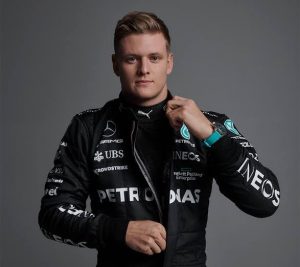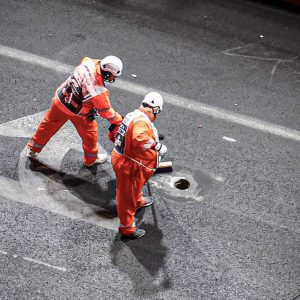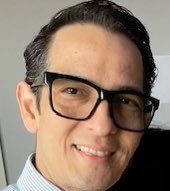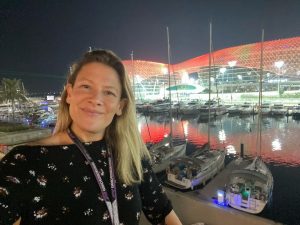When Lewis Hamilton got out of his car, pumped his fists and held the English flag high in Texas last year, his father Anthony summed up his son’s achievement: “It’s absolutely amazing and not bad for a boy from a Stevenage council house.”
Hamilton has won the sixth world championship of his career, setting up the stage to equal all-time record holder Micheal Schumacher in 2020.
This time, Lewis Hamilton cemented his position as one of Formula One’s true greats by claiming a record 92nd race win on Sunday, one more than Micheal Schumacher.
While the English racer is now seen driving arguably the best machine on the F1 tracks, Hamilton hasn’t lived the easiest journey all the way to the top. As a son of a black father, holding down three jobs to fund his son’s embryonic racing career in karts and a white mother, Lewis survived a broken home in his youth at a municipal housing estate.
In 1995, aged 10, and wearing a jacket and shoes borrowed from his predecessor as British Formula Cadet karting champion, the now 92-time winner went to a glittering awards ceremony in London where he met McLaren’s then-boss Ron Dennis. He asked for an autograph and told him “one day I want to race for you”.
Dennis replied: “Phone me in nine years and I’ll sort you a deal.”
And that was just the start of a journey, a promise that Hamilton almost delivered in the first year, racing a record-breaking debut season as he reeled off nine successive podiums from his debut in Melbourne, rocking the establishment along the way with his speed and his style.
On and off the track, he was fast, somewhat mercurial and occasionally tempestuous and this combination led to a fierce rivalry with team-mate and two-time champion Fernando Alonso at McLaren.
With all the tough competition around him, the 35-year-old , who narrowly missed out on the 2007 title, returned to triumph in 2008 with a dramatic last-gasp fifth-place finish in Brazil. He also showed frustration as McLaren failed to deliver the speed to beat Sebastian Vettel and Red Bull, who reeled off four straight title triumphs from 2010 to 2013, by when Hamilton had departed for Mercedes.
Escaping the management regime of Dennis and his father, Hamilton found freedom at Mercedes alongside team-mate Nico Rosberg, his teenage karting friend and rival. This enabled Hamilton to express himself with a headline-grabbing trans-Atlantic lifestyle, mixing with musicians and ‘fashionistas’.
He showed little love for any duty to obey conventions and, for many observers, gave his sport a welcome injection of freshness and diversity as champion again in 2014 and 2015.
Rosberg broke Hamilton’s sequence of supremacy in 2016 and then retired, leaving the Englishman to dominate. His former McLaren team-mate Jenson Button summed up Hamilton’s pure speed when he said: “For me, over one lap, I don’t think there is anyone as quick as Lewis and I don’t think there ever has been.”
That speed, which has always been a natural talent, has in recent seasons been allied to a more mature attitude to his job as team leader. Mercedes team chief Toto Wolff once summed up: “He is never satisfied. He never settles. He is never happy with where he is as a racing driver and a human being.”
Having achieved so much as his sport’s best-known ambassador, Hamilton’s interest in social issues has emerged more frequently. Last season, he posted his concerns for the environment and revealed a fleeting despair at the state of the world when he used Instagram to declare that the planet was “a messed-up place” and he felt he wanted “to give up”.
That commentary, including revelations about his vegan lifestyle, led to him being accused of hypocrisy. “I’m only human,” he said. “Like everyone, we have up and down days. That’s what I’ve been really trying to convey.”
This year has seen him press for greater diversity in the paddock, a push sparked by his vocal support for the Black Lives Matter movement. His own career and his quest for self-expression and freedom has shaped his advice for young drivers. “What I can definitely advise any kid that’s out there trying to race is don’t listen to people who tell you that you need a mental coach or you need someone to help control your mind,” he said.
“You need to let it run wild and free and discover yourself. It is all about discovery. And only you can do it.”
Hamilton’s first win came in his debut season, 2007, at the Cana.






